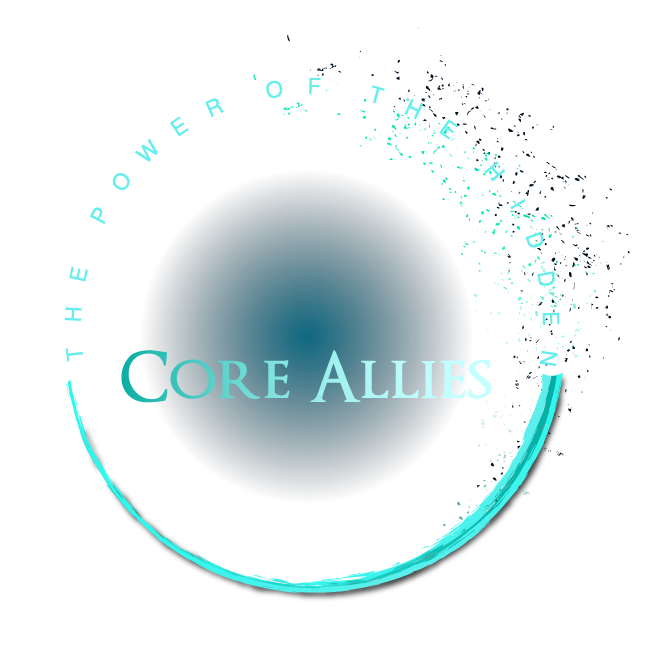Peerless Leaders
United States, 1994.
Who do you talk to to elevate
and grow your ideas?
Like the lone single skull on the Charles River above, peerless positions are often isolating and lonely. Being the CEO, or a leader without peers, brings much responsibility and opportunity - but it often comes without counsel to help get you where you want to go. In fact, I first decided to become a coach when I was a CEO and realized how lonely the role truly was. I began working with leaders as a trusted advisor, providing a sounding board, constructive feedback, and coaching.
United States, 2019.
Are you alone at the top?
First time CEOs, managers, and leaders without a peer cohort quickly learn the truth of the old adage that “it is lonely at the top.” It can be especially important early in such a role to have someone who can provide constructive challenge and counsel. Your early decisions and how they are communicated to your organization set a tone from the outset of your tenure. Your voice and perspective loom like this statue and can leave people below you befuddled. Having a partner from the beginning can have a significant impact on your success.
I also work with clients who hit a block later in their tenure. When they realize that they need external support to transform a part of their leadership, we partner to unlock the power of their hidden unconscious, unblocking areas where they are stuck and catapult them in areas where they have hidden superpowers.
When your job relies not on delivering your personal best but delivering through others, how do you get the most impact?
Moving from relying on your own efforts to relying on others completely changes your point of view, and requires new approaches to problem solving. But too often, we fall back on our old ways of operating. Usually it is our hidden, unconscious expectations and patterns of behavior that prevent leaders from getting the most out of those who work for them. I work with leaders to understand the hidden blocks that prevent them from getting the full leverage of working through others and help them increase their impact.
Mexico, 1989.
United States, 1984.
Does reflection really matter?
Many high performing leaders are action oriented – and with good reason!
But how do you find clarity in the moment to choose the best course of action at any given time? Reflection and understanding hidden blocks to being in the moment allow leaders to make better decisions on the run. Being able to tune into the moment it gives you more options in how you choose to lead and ultimately how to succeed. A small amount of reflection can produce a sizable increase in impact as a leader.
Case Studies
United States, 1992.
What do I do as a new global leader?
A client at a large multinational corporation was promoted to a new Managing Director of a Country role. He moved to a country where he did not speak the language, went from having 150 to 2,500 reports and inherited a strong command and control corporate culture. He was expected to lead from day one making critical decisions, but had no mentors, advisors or peers with whom he could speak as he came to grips with his new position.
We worked together in a number of ways. First, I acted as a peer collaborator with whom he could workshop ideas and test decisions. Secondly, I acted as a more traditional coach, helping him to navigate the culture of his new role. Lastly, we worked on personal growth and understanding how hidden patterns of thinking from prior roles sometimes shaped his expectations of current employees in an unhelpful manner. By re-framing his past experience we retained its value, without allowing it to unconsciously drive his current working style.
How do I deal with board conflict?
A client with significant experience leading organizations came to me when she found herself facing a hostile board of management. In discussing her predicament it became clear that in all prior leadership roles she had had access to supportive mentors who could provide feedback and counsel.
I partnered with this client as a trusted advisor to provide a sounding board and the counsel and constructive challenge that was missing. We also worked together to find ways to better manage the board and find a language with which the board could hear her messages. By working to understand her own unconscious patterns the client was better able to adapt her style to suit the board - presenting a pacifying presence at times, and at others choosing to engage in constructive conflict. It was only by accessing her unconscious that this client was able to identify her own reactions and make mindful choices in the moment that led to this becoming the best board she ever had.
Kenya, 1999.






